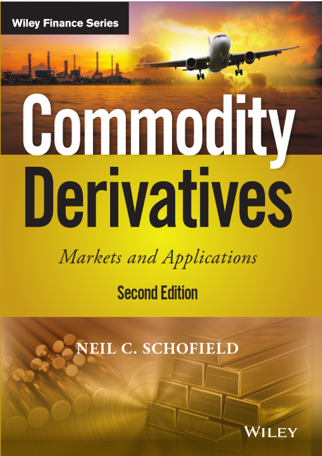Gold
Consider the following statement: “fundamental demand and supply are not the main drivers of the gold price”. This suggests that if gold production increased it may not necessarily cause a fall in price. So, what factors impact the price of gold? One intriguing relationship is how the price of the metal moves in relation to real (as opposed to nominal) interest rates. Generally, speaking there is an inverse relationship between the two; if there are negative real yields (implying that there is no point in saving money) investors may prefer to hold gold as an investment.
Topics covered typically include:
- Sources of fundamental demand and supply
- Relationship of gold with exchange rates, real rates and inflation
- Understanding the gold market (e.g. the fixing process, the market for leasing gold)
- Trading strategies (e.g. gold swaps)



